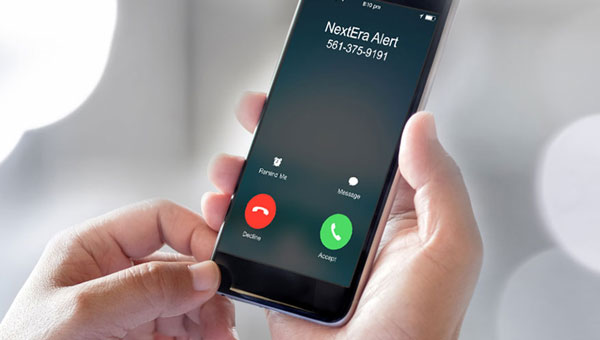Hurricanes are survivable and easier to go through when you have a plan in place
Even if your home is severely damaged, you will most likely escape serious injury if you follow these instructions and safety tips.
- Maintain your personal safety and well-being at all times. During a storm do not leave your place of shelter unless you are convinced staying poses a serious threat.
- Call 911 or FPL at 1-800-4OUTAGE to report a downed power line if you feel the situation presents a clear and imminent danger to you or others.
- Have a first aid kit in your home and car.
- If you see sparks, or broken or frayed wires in your home, or if you smell hot insulation, turn off the electricity at the main fuse box or circuit breaker. If you cannot get to the fuse box or circuit breaker without stepping in or walking through water, call a licensed electrician for advice or assistance.
- Check for gas leaks. If you smell gas or hear a blowing or hissing noise, open a window and quickly leave the building. Turn off the gas at the outside main valve if you can and call the gas company from another location. If you turn off the gas for any reason, it must be turned back on by a professional.
- Check for sewage and water line damage. If you suspect sewage lines are damaged avoid using the toilets and call a plumber. If water pipes are damaged, contact your water utility.
- When returning to your home after a storm, enter with caution. Beware of snakes, insects, and animals that may have been driven to higher ground by flood water.
Travel safety
Stay off the roads during and immediately after a hurricane. If your storm assignment requires you to travel, take the following precautions:
- If you are riding out the storm, arrive at your storm assignment or location well before storm conditions create unsafe travel conditions.
- Remember to have your headlights on for safety at all times, and always wear your seat belt.
- Be aware of flooded roads and washed-out bridges and avoid driving through standing water.
- Watch for debris in the roads and other associated hazards.
- Use extreme caution when entering intersections due to missing stop signs and downed signal lights; other drivers may not stop.
- Avoid night time travel, your normal route may be unrecognizable, and it is easy to become disoriented.
- Stay tuned to a radio station that is providing updates from the florida department of transportation.
- Keep your FPL ID badge with you at all times, as this gives you the credentials necessary to access blocked areas and travel beyond curfew.

